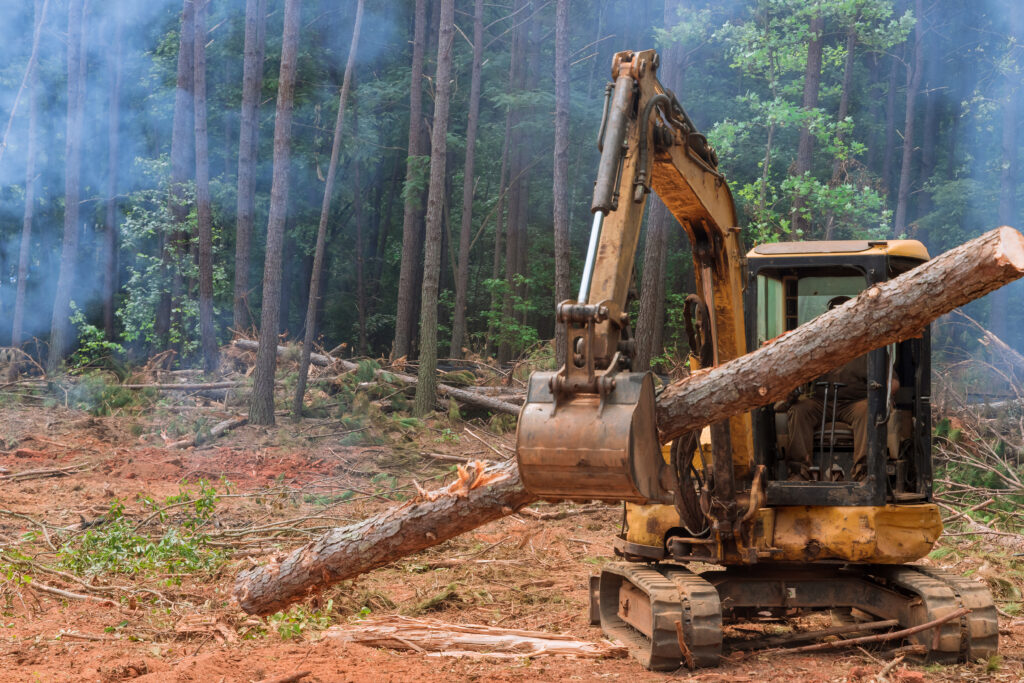A new deforestation regulation has finally come into effect in the European Union (EU) and it’s poised to send shockwaves through the world’s food system. More importantly, it promises a significant step forward in tackling climate change. Every food business should be aware of this monumental development, despite its lack of media coverage amidst other pressing issues.
Deforestation, second only to fossil fuels, is a major contributor to global greenhouse gas (GHG) emissions, intensifying the climate crisis and damaging planetary biodiversity. Surprisingly, ten percent of worldwide deforestation is attributable to the EU’s consumption.
On June 29, 2023, a game-changer came into force: the EU’s deforestation regulation. This mandates that all products consumed by EU citizens should not contribute to global deforestation or forest degradation. An astonishing range of commodities falls under this rule, including soya, beef, palm oil, wood, cocoa, coffee, rubber, leather, chocolate, tires, furniture charcoal and printed paper products.
Related: 3 Major Food Companies’ Long-Term Green Initiatives and Sustainability Goals
So, what does this deforestation regulation truly imply? Essentially, any business intending to introduce any of these commodities to the EU market must validate that their products didn’t come from freshly deforested land or didn’t contribute to forest degradation. For years, ineffective voluntary schemes have failed to stop the influx of goods from endangered regions into Europe.
Furthermore, the legislation demands financial institutions — including banks, investment firms and insurance companies — to implement enhanced due diligence measures. Specifically, these financial services providers can only offer their services to clients after they determine that the risk of their services indirectly or directly supporting activities that contribute to deforestation, forest degradation or forest conversion is no more than negligible.
With this new regulation, a major shift is underway. The European Commission is now working on designating countries as low, standard or high-risk. The penalties for violation or inadequate due diligence under the deforestation regulation will be dissuasive and proportionate, with fines potentially reaching four percent of a non-compliant business’s total annual EU turnover. Any deforestation-linked products must also be recalled, resulting in potentially severe ramifications for any guilty businesses. Companies have an 18-month period to adjust to the new norm.
But a key question remains: will the UK follow this path? The country’s dwindling climate commitments make the prospects seem grim. Nevertheless, given its trade ties with the EU, companies dealing with the listed products in the UK must stay vigilant against potential involvement in global deforestation.
Most companies might believe they have a thorough understanding of their supply chains, but few have them comprehensively mapped and appropriately overseen. Several organizations, including numerous notable non-governmental organizations (NGOs) aiming to protect rainforests, rely on intermittent audits, which are frankly inadequate.
However, solutions exist to prevent products linked to deforestation from infiltrating global trade. Digitization of supply chains and verification of data through advanced sampling and testing programs are being adopted by a handful of progressive companies. Traceability efforts can also be applied to other food and non-food materials, despite the associated complexity and costs.
Significantly, some major chocolate producers have acknowledged the imminent need for change and the associated costs. The likelihood of these costs being passed on suggests an impending shift in the industry, further underscoring the wide-ranging impacts of the deforestation regulation.












Join or login to leave a comment
JOIN LOGIN